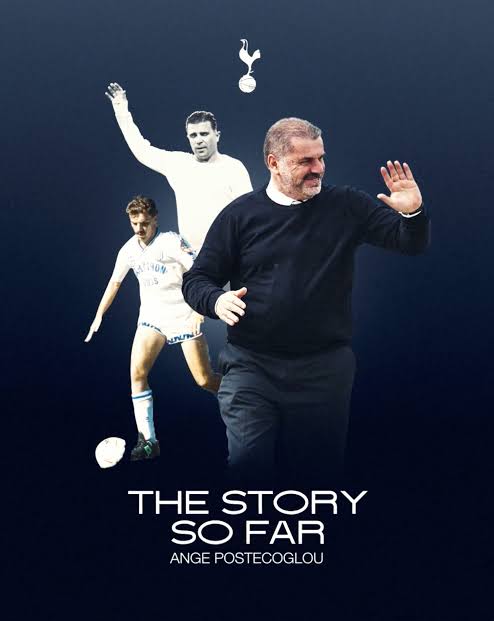Forget Ange Postecoglou, the root cause of the problems at Tottenham is now Crystal clear
Tottenham’s Struggles Highlight Deeper Issues Beyond Postecoglou
The fallout from Tottenham’s dramatic collapse against Chelsea has reignited familiar debates about the team’s flaws. Critics have pointed fingers at manager Ange Postecoglou, accusing him of being too rigid in his tactics, running a defensively frail system, and overseeing inconsistent performances from his squad. While Postecoglou is not without blame for Spurs’ poor run of just one win in seven matches, the club’s problems run far deeper than the decisions of its latest head coach.
Cristian Romero, Tottenham’s vice-captain, offered a candid perspective after the Chelsea defeat, suggesting that the real issues lie higher up. Speaking to Argentine TV, Romero remarked, “It’s always the same: first, the players, then the coaching staff changes, and it’s always the same people responsible.” He went on to call for investment comparable to clubs like Manchester City, Liverpool, and Chelsea, highlighting frustrations with the club’s hierarchy.
While chairman Daniel Levy didn’t make the on-field errors that cost Spurs the game, his role in shaping the club’s trajectory remains pivotal. Over the years, Levy’s transfer policies and reluctance to match the spending power of Spurs’ Premier League rivals have created conditions for what appears to be another frustrating season.
A Squad Ill-Equipped for Success
Postecoglou, to his credit, has maintained a positive outlook on Spurs’ transfer dealings and has taken responsibility for the decisions made since his arrival. However, the reality of his squad has become increasingly clear under the strain of a demanding schedule. While the 59-year-old manager was brought in with a long-term vision in mind, his team appears under-resourced to meet both his ambitions and fans’ expectations.
Tottenham’s summer transfer window epitomized the ongoing struggle. The club spent £65 million on striker Dominic Solanke, who has proven to be a valuable addition, but their focus on acquiring promising teenagers rather than proven talents has left Postecoglou with a squad lacking immediate impact. In contrast, Chelsea outmaneuvered Spurs for players like Pedro Neto and Tosin Adarabioyo, further underlining the gap in ambition.
Adding to Postecoglou’s challenges are injuries and unforeseen setbacks, such as Rodrigo Bentancur’s lengthy ban and Mikey Moore’s illness. Yet even without these disruptions, the squad remains a mix of inexperienced prospects and unreliable performers, far from the level needed to compete for top honors.
A Familiar Pattern Under Levy
This situation isn’t new for Spurs. Levy’s caution in the transfer market has repeatedly hindered the club’s progress. Managers from Mauricio Pochettino to Jose Mourinho and Antonio Conte have all voiced frustrations over the lack of backing. In 2018, Spurs famously became the first Premier League club to go an entire summer without signing a single player, despite Pochettino’s calls for a squad overhaul.
Similarly, Mourinho was handed Joe Rodon when he wanted an elite center-back, and Conte received “club signing” Djed Spence instead of the experienced wing-back he desired. The pattern continued last summer, with Tottenham opting for long-term potential over immediate quality, despite the promising signs from Postecoglou’s first season.
Levy’s reluctance to spend big has often been justified by financial constraints, such as the £1.2 billion stadium project. However, with the stadium now complete, fans and players alike are questioning the rationale behind the club’s conservative approach. Former captain Hugo Lloris even recounted in his autobiography an anecdote from 2019 that left him doubting whether the club genuinely prioritizes winning.
The Bigger Picture
While Postecoglou’s approach has sparked debate among fans, replacing him without addressing deeper structural issues would be futile. The club’s problems go beyond the dugout, rooted in a long-standing hesitation to invest at the level required to compete with the Premier League’s elite.
As Romero’s comments echo the grievances of past players like Danny Rose and Conte, Tottenham finds itself at a crossroads once again. The question remains: does the club truly aspire to win, or are they content to remain in the shadow of their rivals? For now, that question lingers, as relevant as ever.
Forget Ange Postecoglou, the root cause of the problems at Tottenham is now Crystal clear
